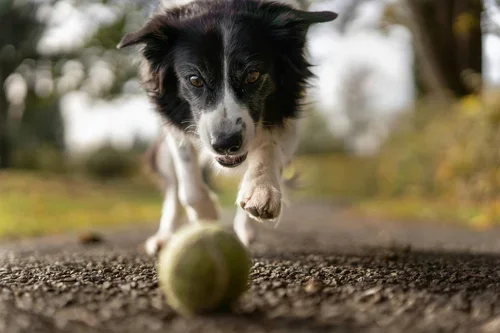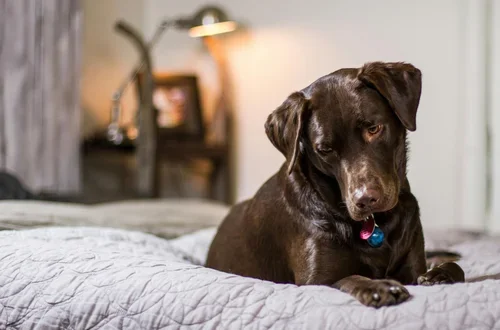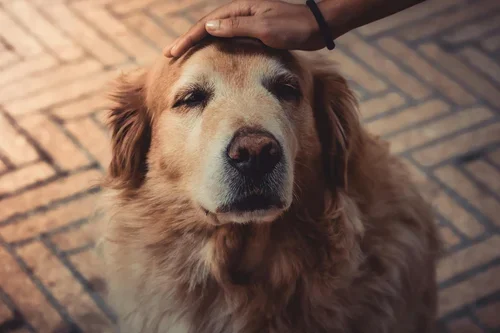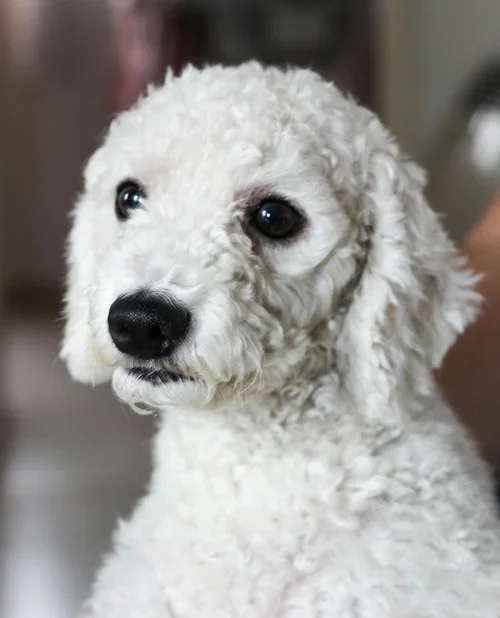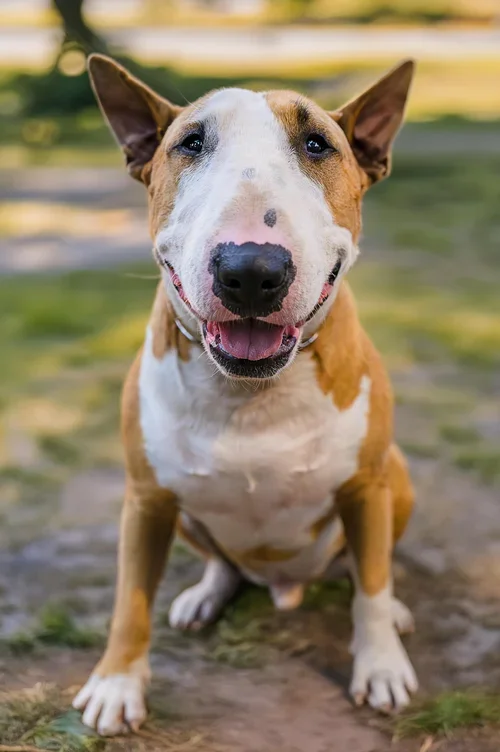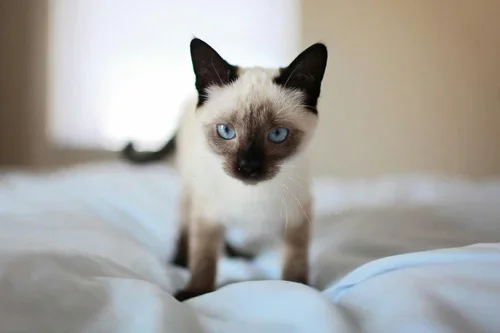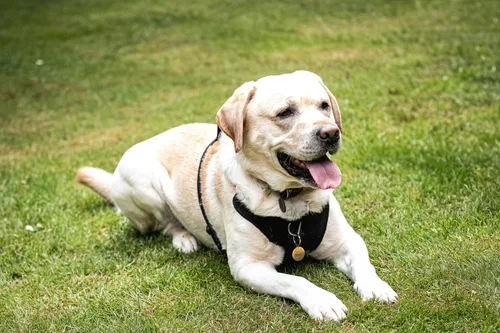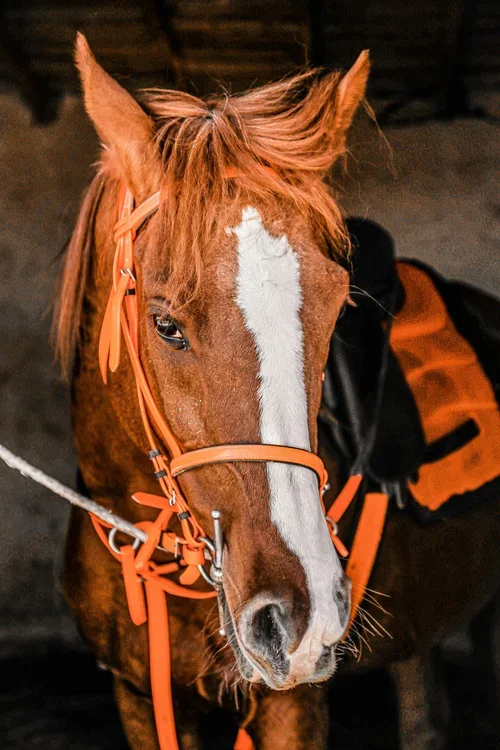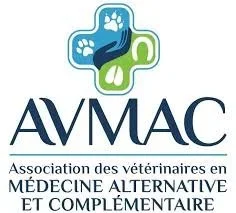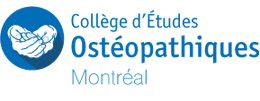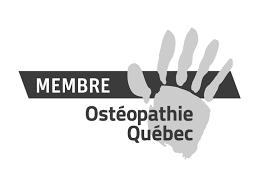Veterinary Osteopathy
Veterinary osteopathy for dogs, cats and horses in Boucherville. Gentle and non-invasive care by a qualified veterinary osteopath.
Dr. Julie Beaubien offers a gentle, manual, and non-invasive approach to improve the overall comfort of your dog, cat, or horse.
Why Choose Animal Osteopathy?
To try a body-respectful intervention, ideal for promoting mobility, balance, and proper body function. Osteopathy works on movement restrictions that can affect quality of life.
To provide support for sensitive or aging animals, helping improve comfort without systematically resorting to medications. Animal osteopathy is particularly suited to the specific needs of senior pets.
To benefit from preventive care or recovery support for active animals, those in convalescence, or end-of-life care. Whether for your cat, dog, or horse, veterinary osteopathy can be integrated at all stages of their lives.
About Osteopathy in Veterinary Medicine in Quebec
Dr. Julie Beaubien co-chairs the Association of Veterinarians in Alternative and Complementary Medicine of Quebec (in French). In the video excerpt above, Julie discusses her discovery of animal osteopathy.
Not fluent in French? Not a problem. Please read the transcript below.
-
Osteopathy is a manual therapy that helps release tensions and blockages between structures. We can work on ligaments, tendons, muscles, bones, and fluids. We can work on the entire body. In veterinary medicine, we can use osteopathy in combination with or as an alternative to treatments we cannot give to an animal. For example: an animal that doesn't tolerate medication or cannot undergo surgery (cannot be anesthetized). Or we use osteopathy in combination... So we perform surgery and use it after surgery, or in combination with medication. Cases we regularly see in osteopathy follow-up include herniated disc follow-ups and arthritis problems (also very common in senior animals). These are cases of pain or muscular contracture that impair lymphatic or blood circulation. How did I discover osteopathy? It was with my own dog, who developed back problems at age seven. I tried pretty much everything in conventional medicine and, after two weeks during which she couldn't get up anymore, I was going to euthanize her. I brought her to the veterinarian where I was doing my internship at the time, who practiced osteopathy. After his treatment, my dog stood up and was able to walk. She lived five more years after that. That's when I said to myself: I need to learn how to do this so I can help differently. So I began taking courses to improve my patients' quality of life.
When to Consult a Veterinarian Who Practices Osteopathy?
Veterinary osteopathy for animals can be considered when your animal shows:
discomfort in movement,
chronic discomfort,
or as support for regular physical activity or veterinary care.
Osteopathy for dogs is particularly indicated after intense physical effort or competition. Osteopathy for cats can relieve tensions related to repetitive jumping or resting postures. For horses, equine osteopathy is often sought to optimize athletic performance and prevent injuries.
Examples of Issues Often Addressed by Veterinary Osteopathy
lameness, locomotor disorders, and arthritis
neurological problems such as herniated discs
behavioral issues like senility and hyperactivity
growth or chronic conditions like kidney insufficiency, frequent vomiting, ear infections, and lick-related dermatitis
Important: Osteopathy Does Not Replace Veterinary Medicine
Osteopathy is not a substitute for veterinary care, nor an emergency solution. It fits within a complementary framework, with a respectful manual approach adapted to the animal.
For example, fractures, herniated discs, or acute infections must first be addressed through conventional veterinary medicine before considering a session with a veterinarian who practices osteopathy. Here, Dr. Julie Beaubien, veterinarian and veterinary osteopath, is perfectly suited.
Good to Know
“In Quebec, only veterinarians are authorized to practice animal osteopathy. This requirement ensures safe care adapted to the animal’s overall health status, whether for dog osteopathy, cat osteopathy, or equine osteopathy.”
Professional Recognition in Osteopathy
“(translated) Highly competent, Julie is extremely caring and patient. This was a first canine osteopathy consultation for my dog Dali and my expectations were exceeded. She deserves her success!”
Dr. Julie Beaubien, Veterinarian trained in animal osteopathy
Dr. Julie Beaubien has been a veterinarian since 2005 and trained in veterinary osteopathy since 2007. She runs her own clinic with a focus on alternative medicine while teaching at the Institute of Alternative Medicine and Veterinary Osteopathy (IMAOV).
Other Approaches in Alternative Veterinary Medicine
Dr. Julie Beaubien, veterinarian trained in osteopathy and acupuncture, practices alternative and complementary veterinary medicine. Like a medical conductor, she chooses the most useful approaches, intervenes herself when needed, then coordinates and monitors the treatment plan for your cat, dog, or horse: acupuncture, behavioral therapy, rehabilitation, aromatherapy, and nutrition.
She intervenes in her preferred approaches. Otherwise, she calls upon an expert from her team. She always remains the treating veterinarian who oversees and supervises the entire follow-up.

